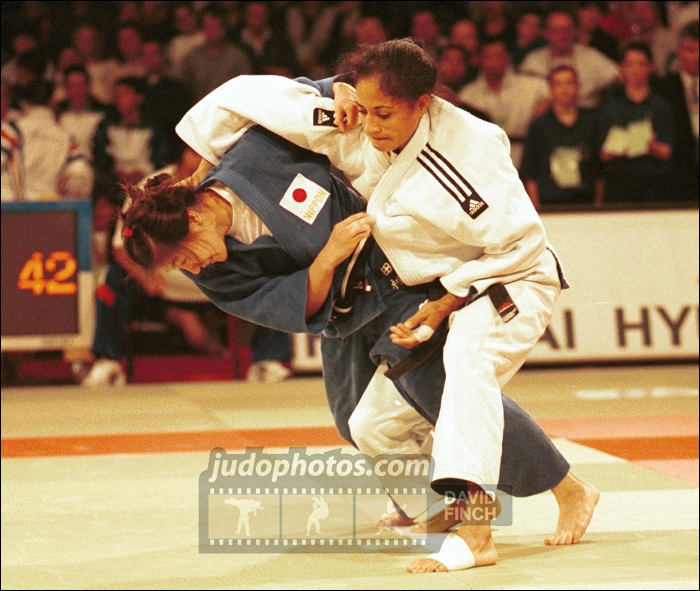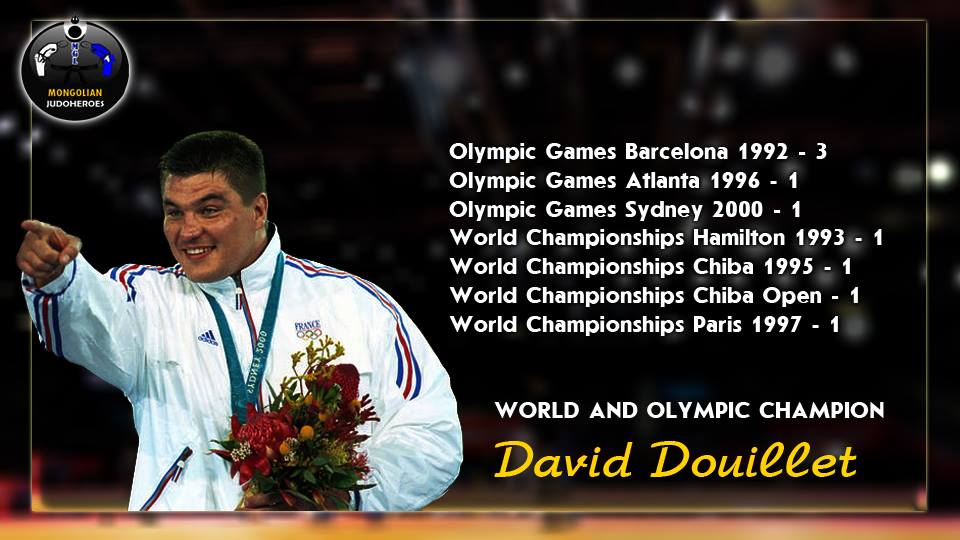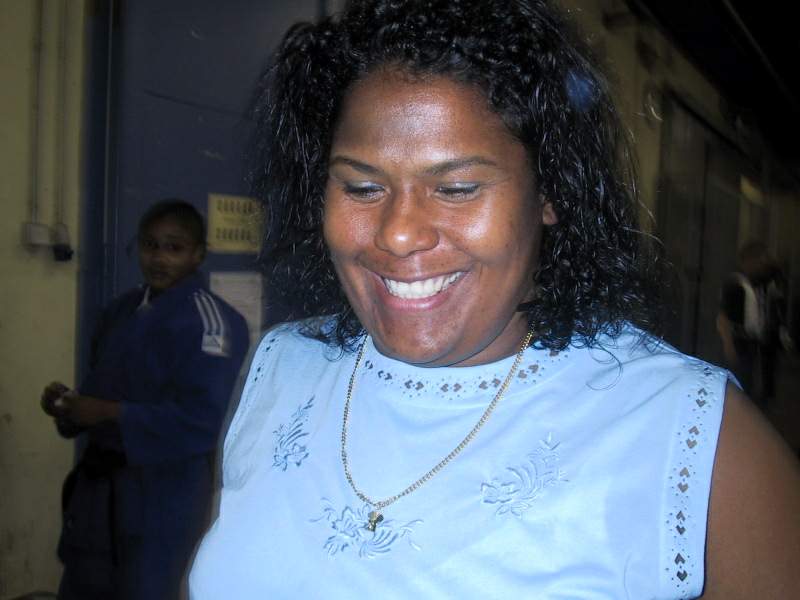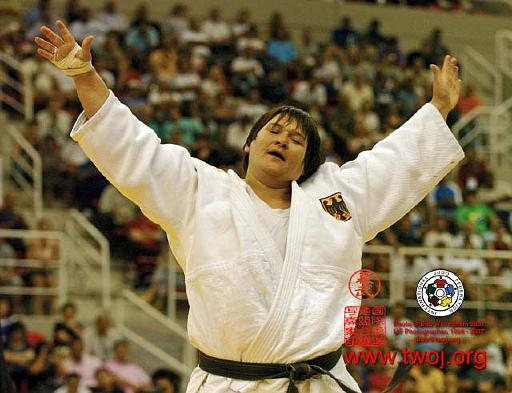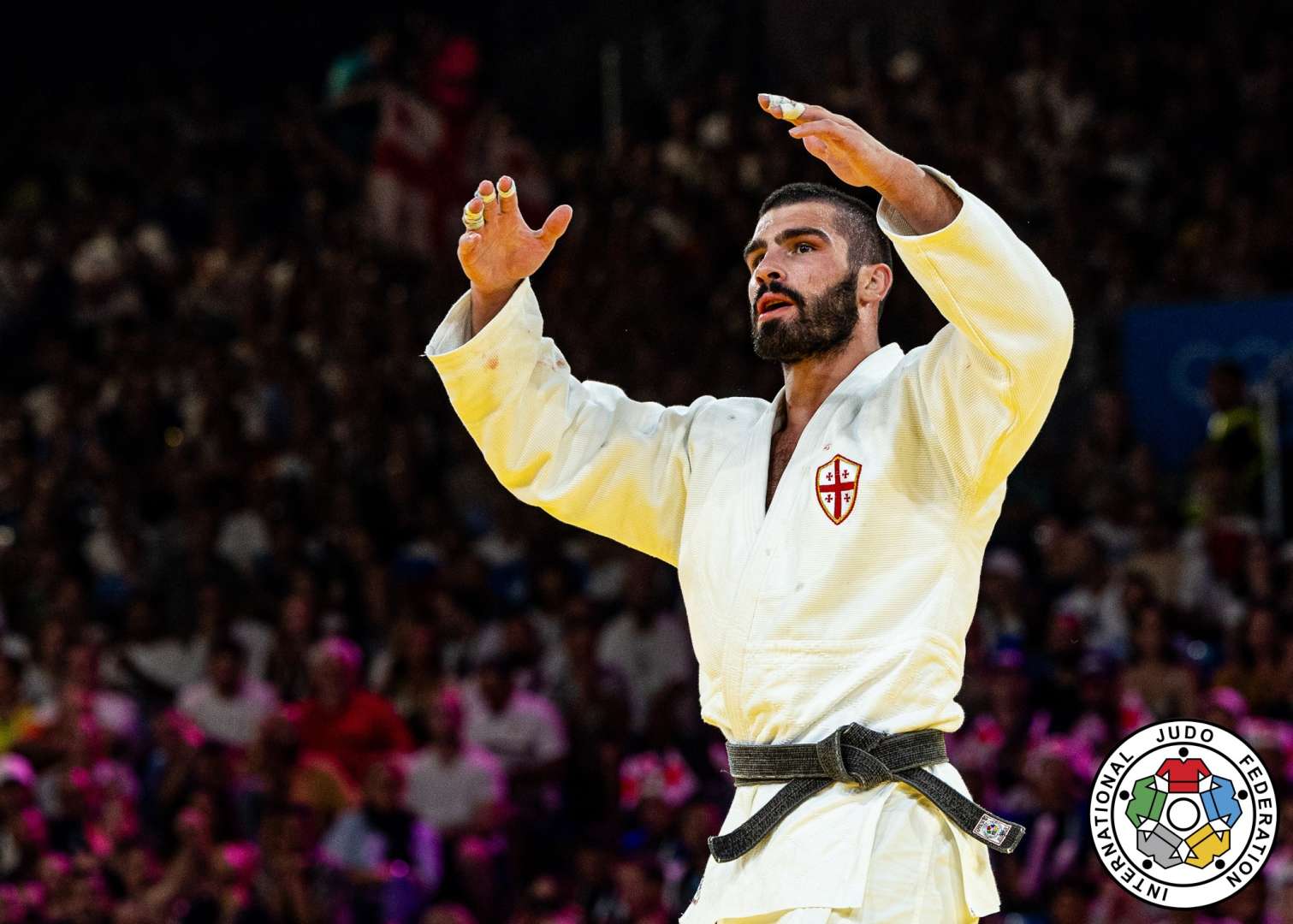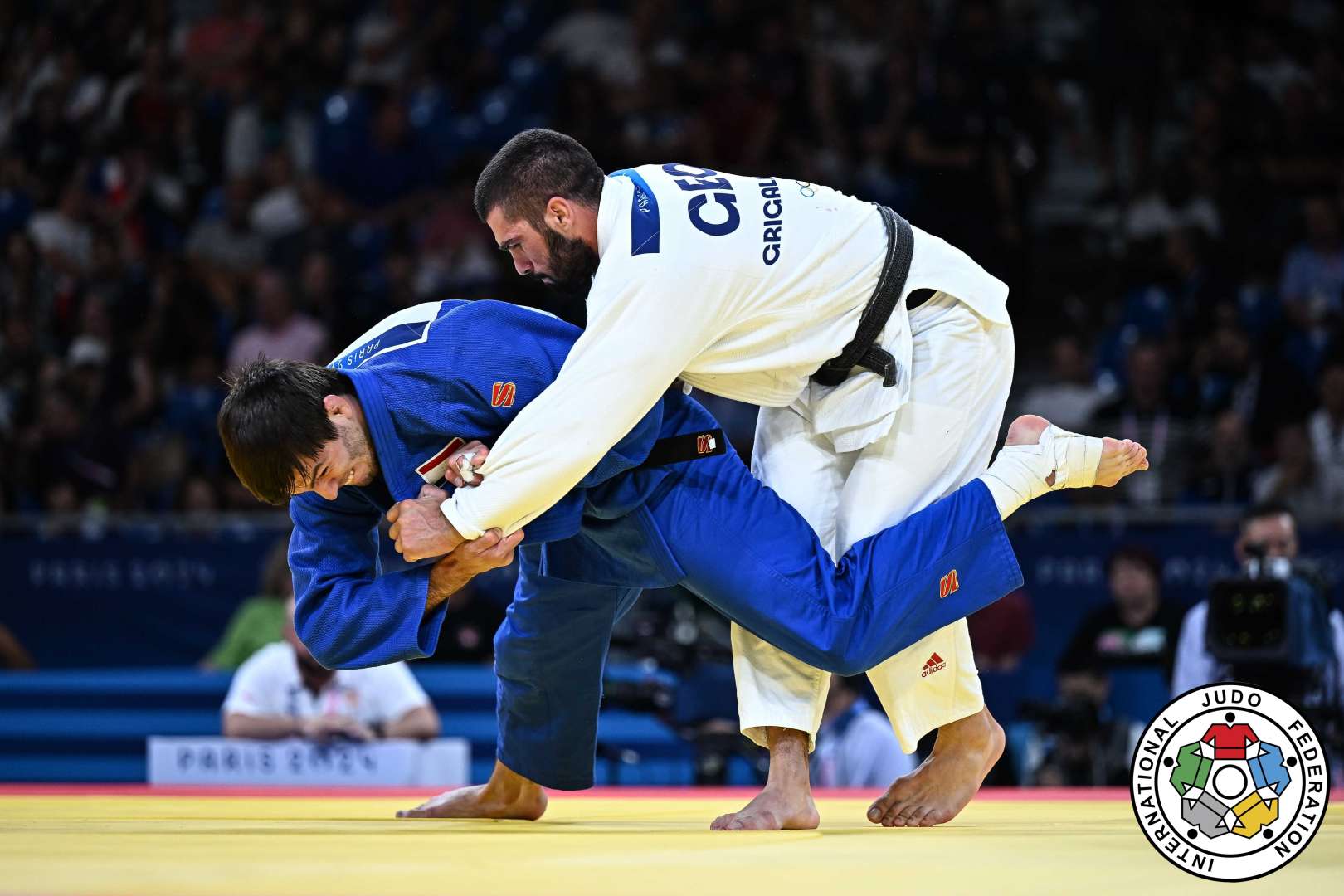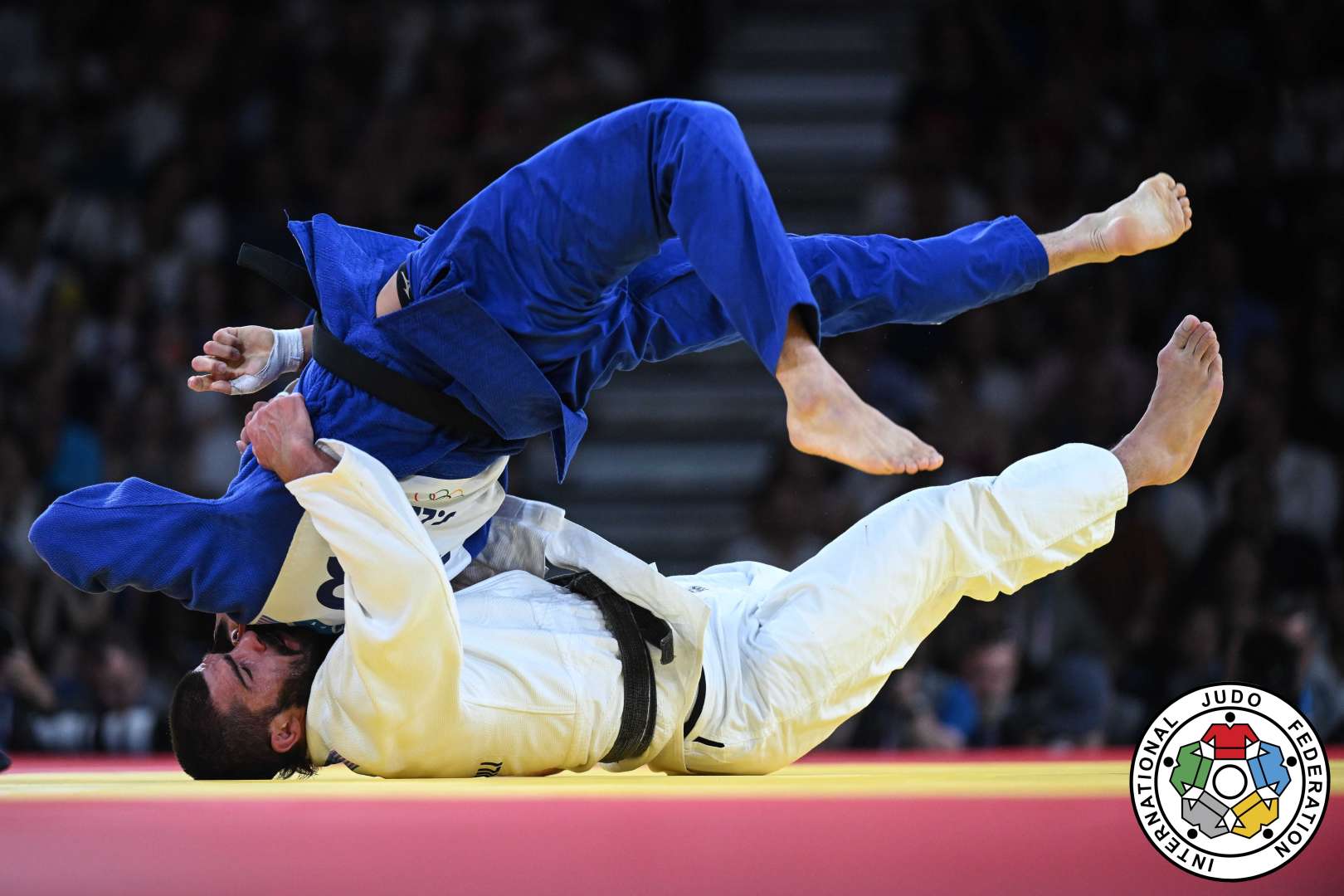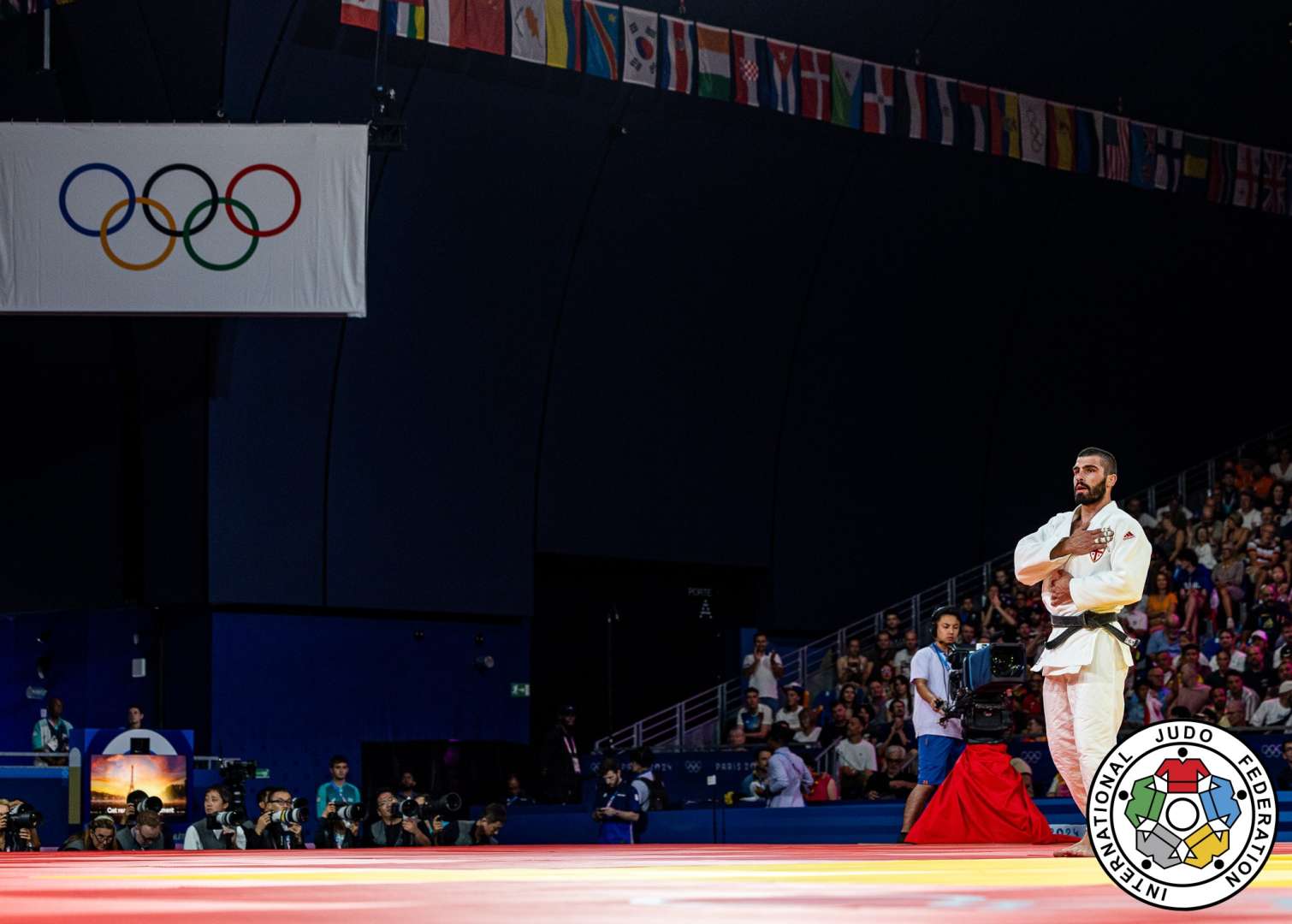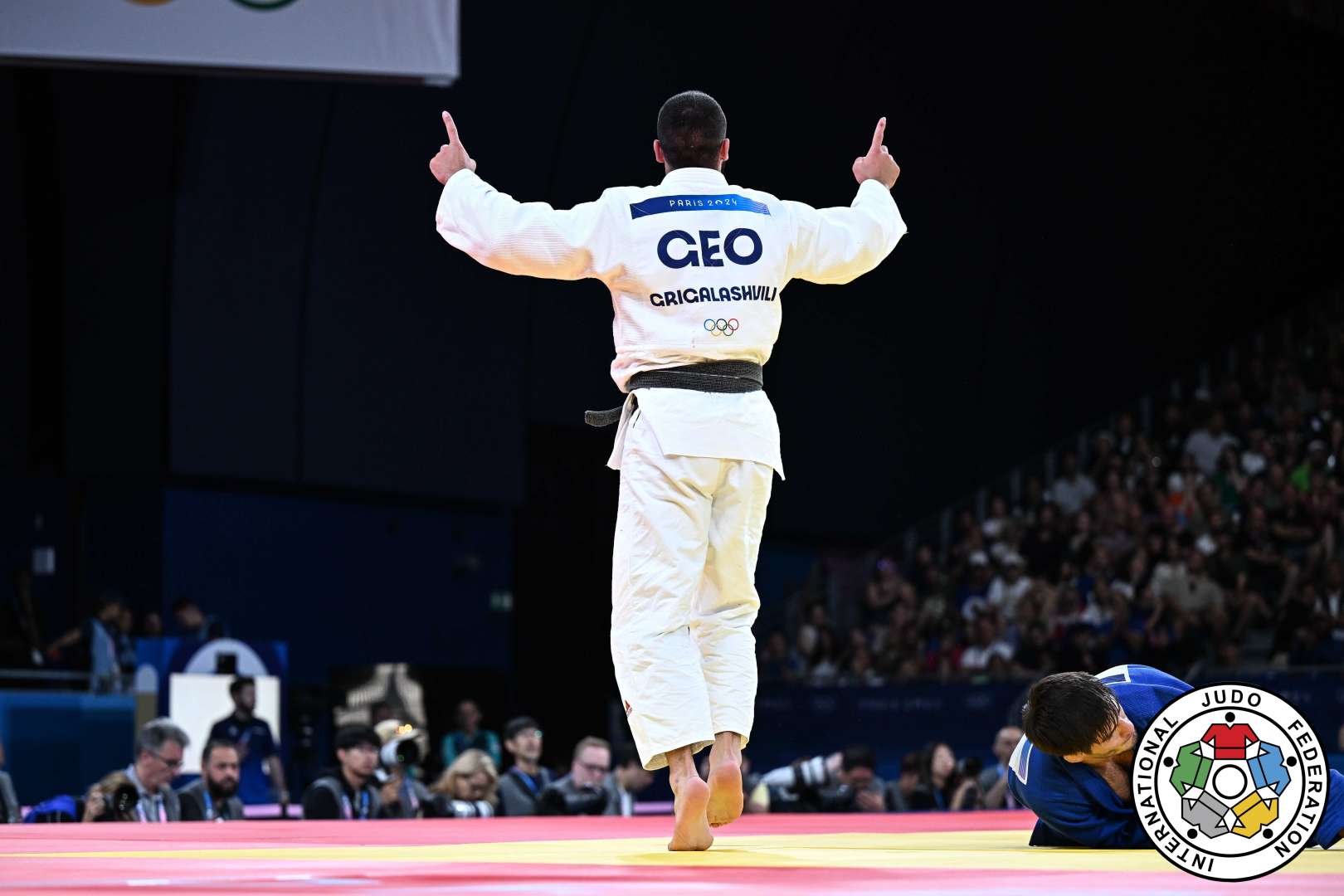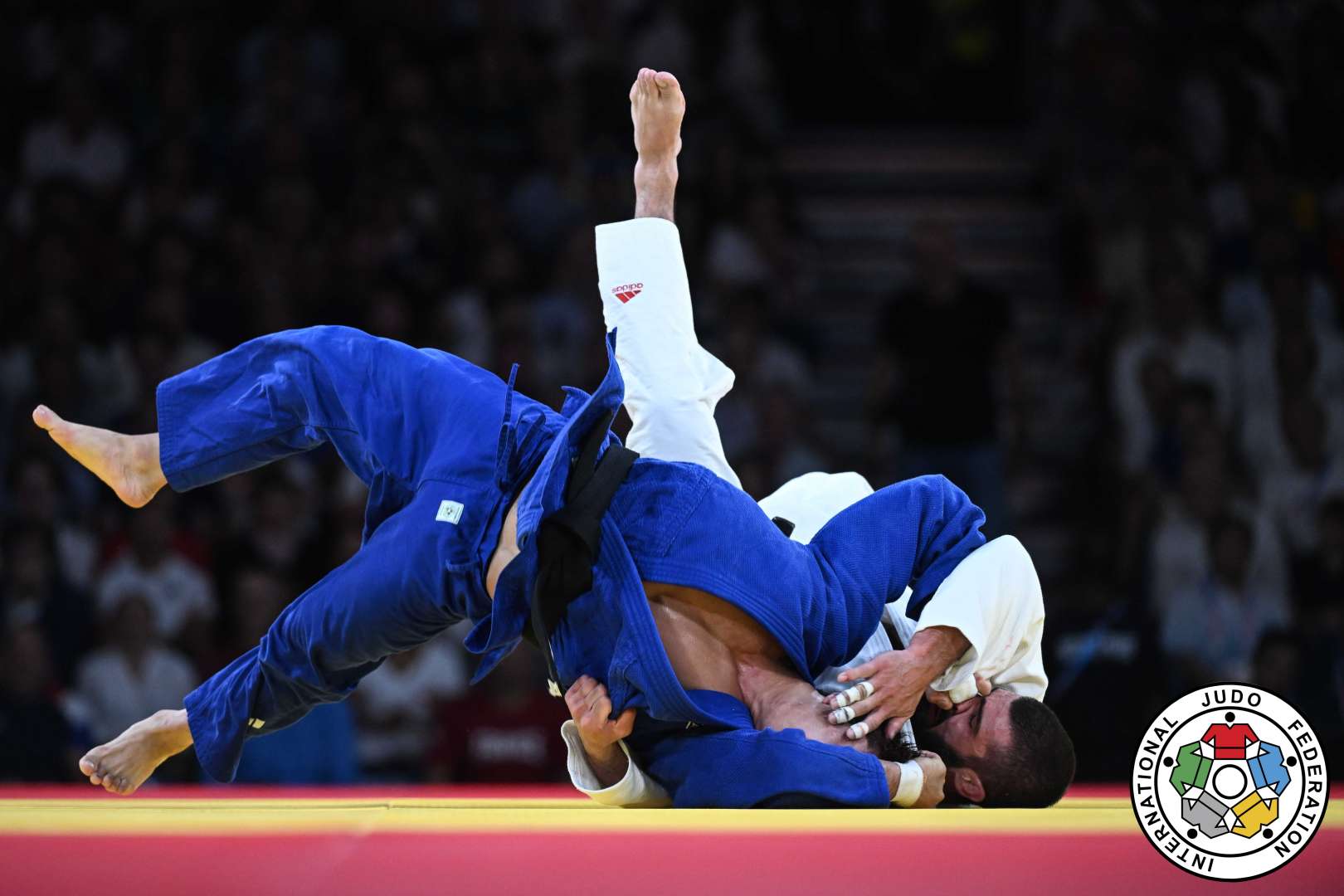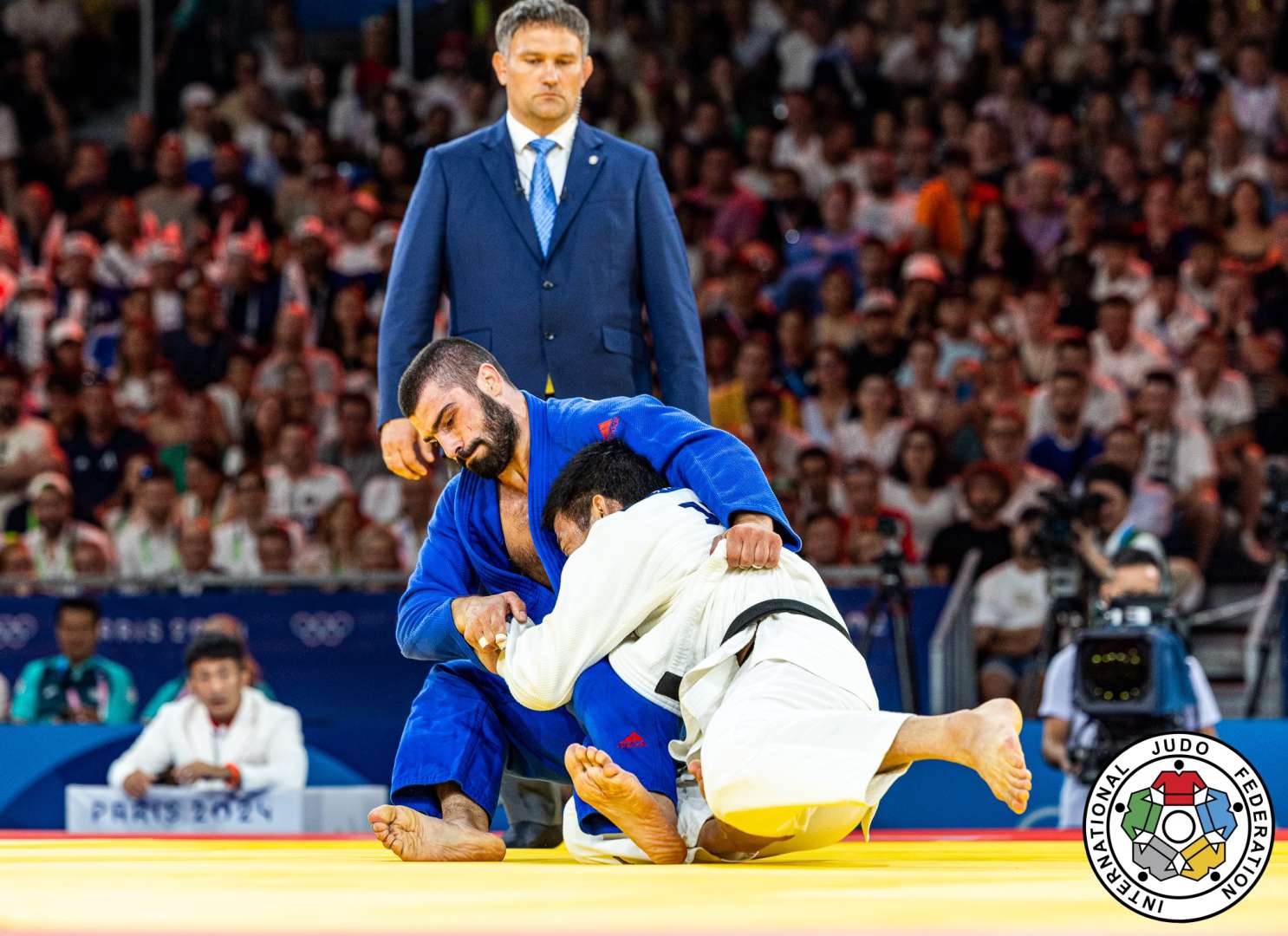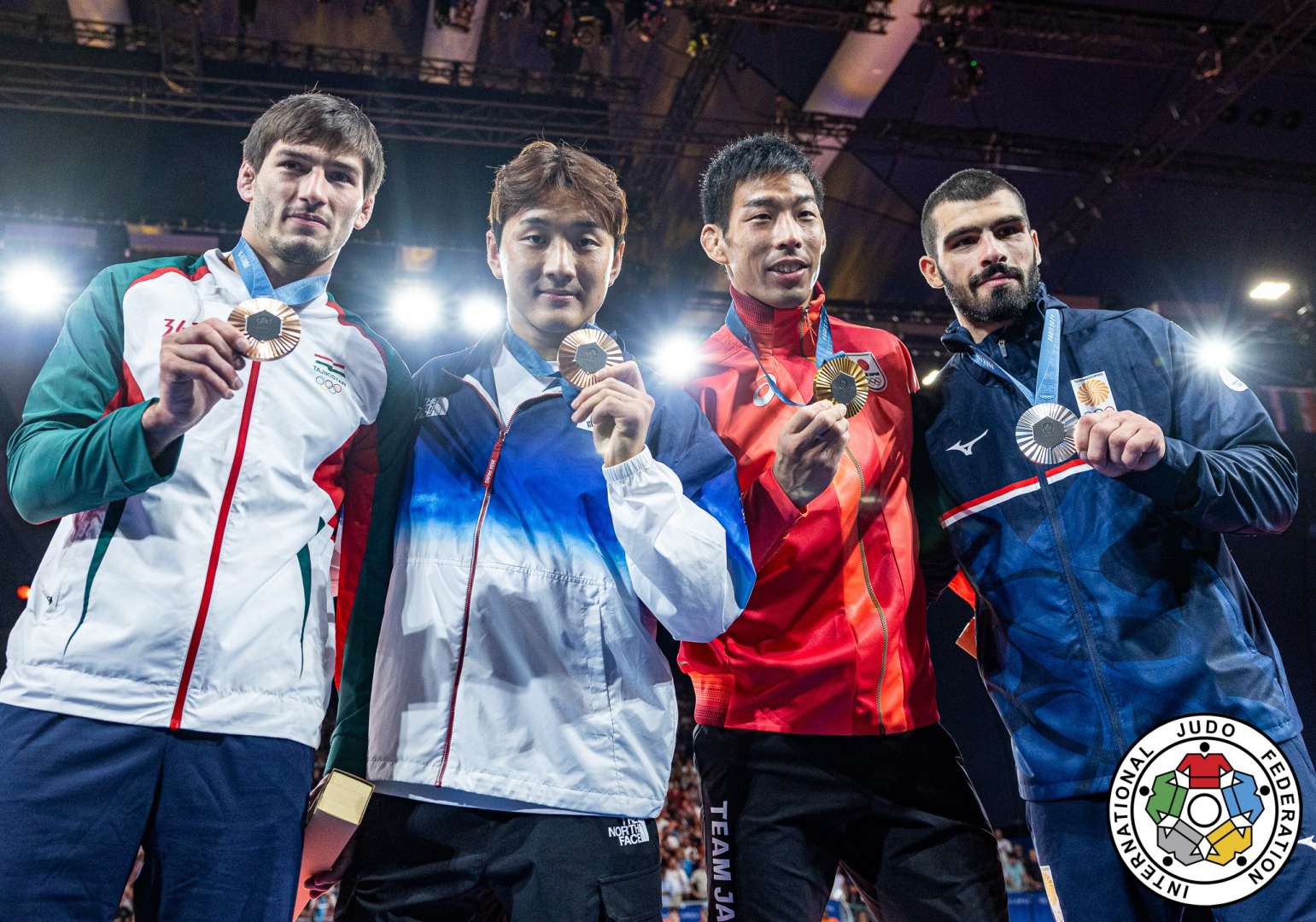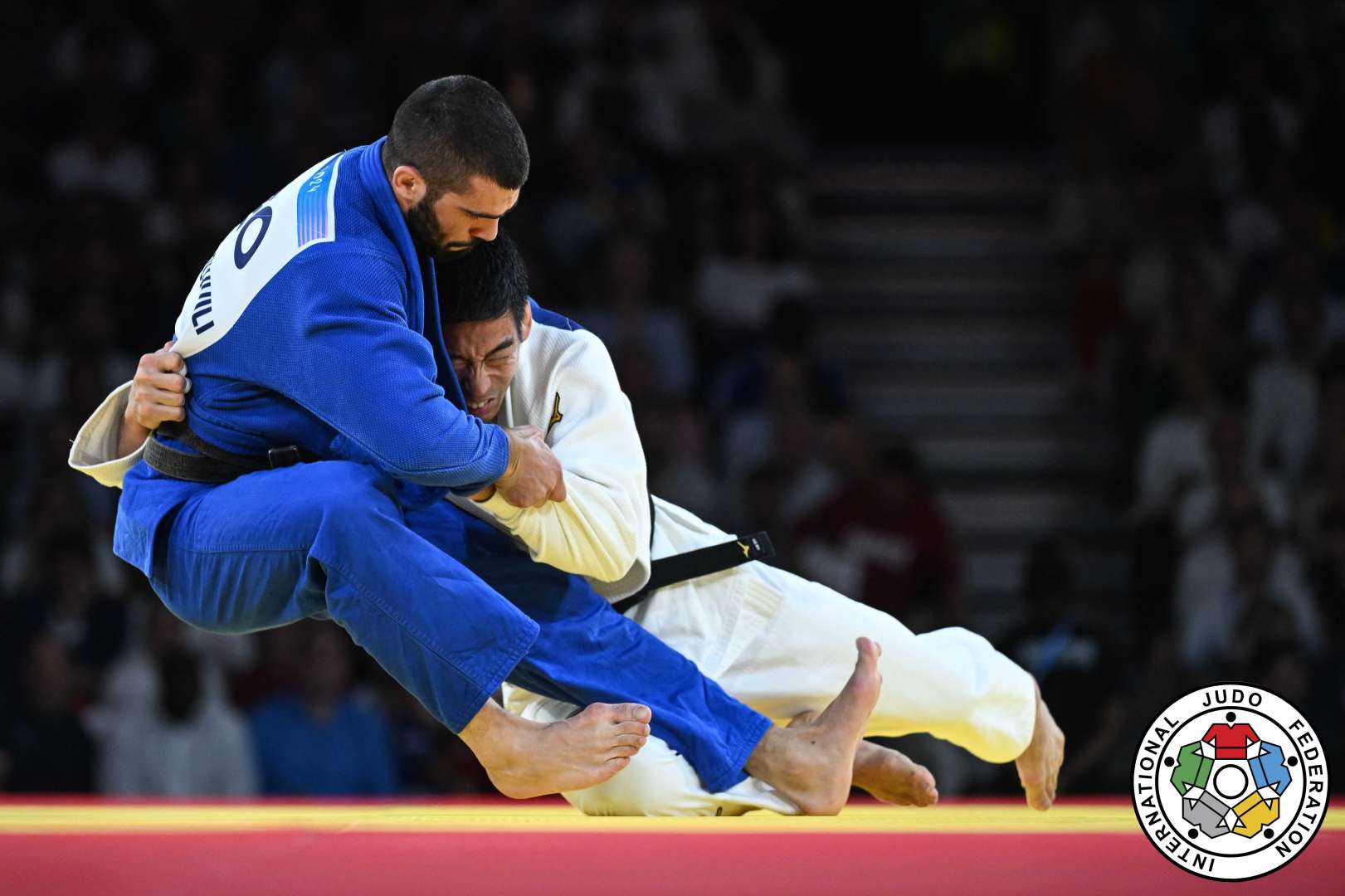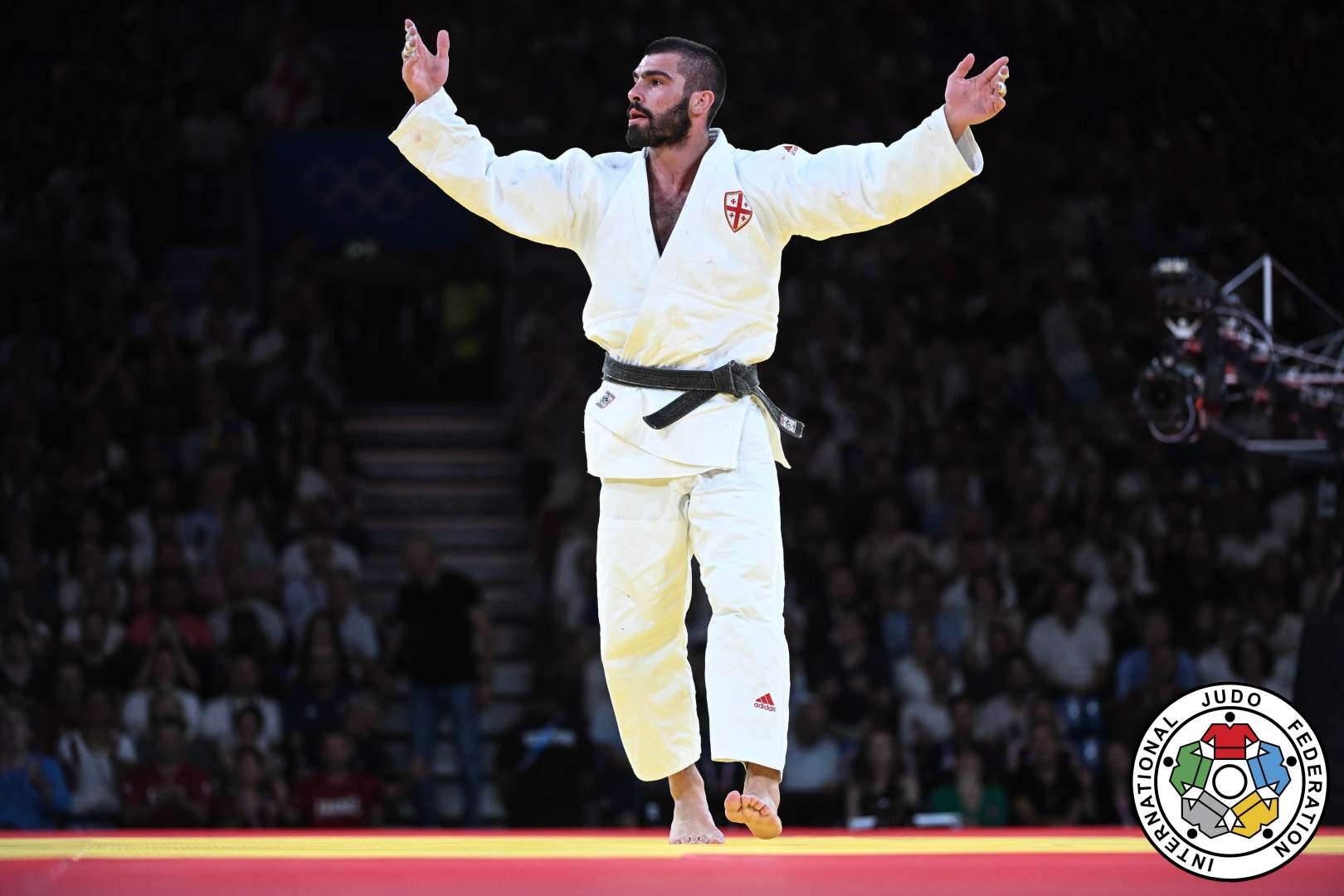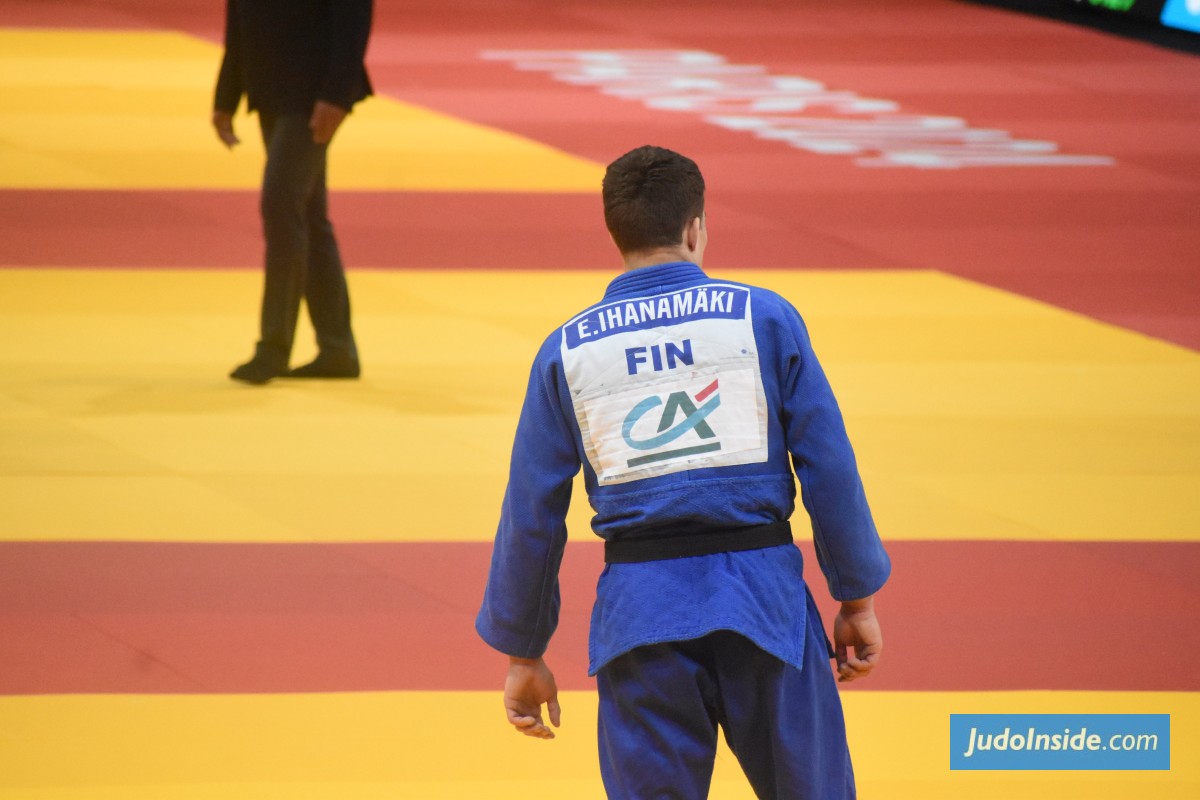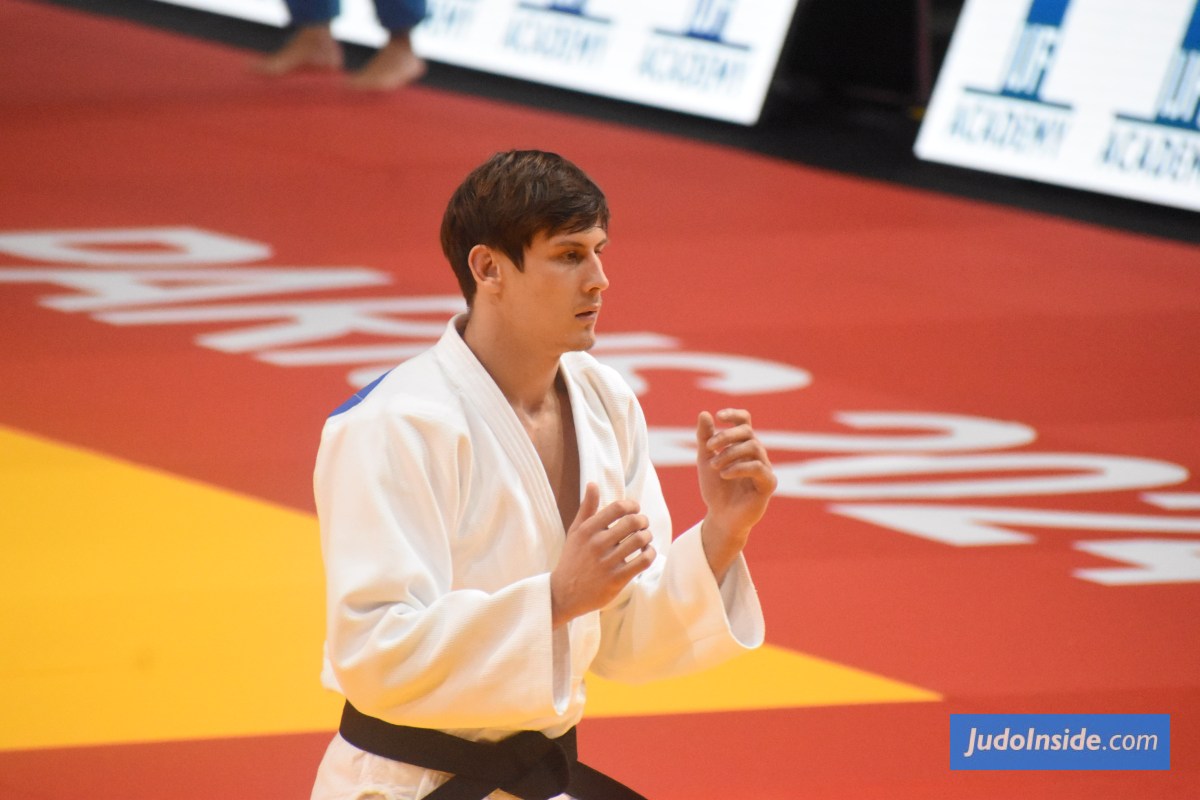Report World Championships Birmingham Day 4
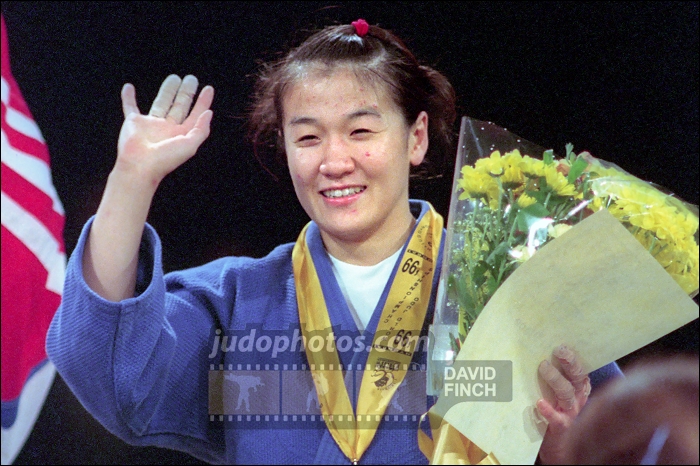
 10 Oct 1999 22:30
10 Oct 1999 22:30
 TWOJ, the world of Judo, by Barnaby Chesterman
TWOJ, the world of Judo, by Barnaby Chesterman
 David Finch / Judophotos.com
David Finch / Judophotos.com
This day at the World Championships in Birmingham was always going to be dominated by the diminutive Ryoko Tamura (JPN) and she delivered in emphatic fashion. Tamura was electric all day. A constant bundle of energy she stormed to her fourth consecutive world title at one weight category (-48kg), thus equalling a record set by the great Ingrid Bergmans. When Tamura clinched her gold medal with a unanimous decision in the final, the clamour of Japanese photographers eager to snap their national darling threatened to delay the remaining finals.
Britain's Vicky Dunn was fortunate to avoid the same half of the draw as Tamura and made steady progress to the quarter finals, beating Leposa Markovic (YUG) and Erden Gereltuya (MGL) en route, both with drop kata-guruma. Vicky then came up against the experienced Spaniard Vanesa Arenas who proved just a little too wily and beat the Brit with a yuko. Vicky qualified for the repechage though where she faced Maarit Kallio (FIN). She struggled at first and was trailing by two kokas before a brilliant turnover on the ground into san-gaku-gatame saw her hold on to secure a Sydney 2000 berth. Already guaranteed 7th spot, Vicky faced Anna Gradante (GER) but she could not make any headway and lost on penalties. Still Olympic qualification was a fine performance and we can look forward to more from the youngster next year.
Simone Callender started brightly in the Open beating Shu-Tu Chueh (TPE) with a big te-guruma for ippon. She seemed a little nervous and inexperienced after that, however, and lost on penalties to both Priscila Marques (BRA) and Qingli Zhang (CHN). At just 20 years of age Simone is a bright prospect and I'm sure there is more to come from her. Simone seems to have slipped a little behind Karina Bryant recently but it would be great to see the two competing to the same level again, as was the custom in their junior days in the early 1990s when they shared the top level of the podium. Daima Beltran secured a third gold medal for the plucky Cubans when she beat Miha Ninomiya (JPN) with tai-otoshi in the final. A delighted Beltran leapt into the arms of her giant animated coach Ronaldo Veitia as he stepped forward to embrace her. This heavyweight collision amused the crowd as Veitia was probably the only person in the stadium capable of holding her up!
With no-one in the men's Open British hopes lay at the hands of John Buchanan and his unusual Bull-locking-horns style. John had a tremendous start to the day forcing submissions from his first three opponents. This was particularly impressive as his scalps included the gold and silver medallists from this year's Asian Championship. In the quarter finals John met the live wire Manuolo Poulot (CUB). After a titanic battle the scores were even at the end of the contest but Poulot deservedly won the judges decision.
This put John into the repechage where he faced Nurbol Suleymenov (KAZ) in a breath-taking encounter. At times the two fighters appeared to be locking horns in an attempt to drive each other from the mat in some kind of animal ritual. John gave away a penalty and then Suleymenov led by waza-ari with time running out on the clock. There was barely a second to go when John lunged forward with a last gasp desperate sumi-gaeshi. Time ran out as Suleymenov flew through the air. He arched his back and landed on his feet but the referee thrust his arm straight up into the air. No one was sure as to whether he had called ippon or soremade and there was an anxious wait for the murmuring crowd as the Kazakstani gingerly rose to his feet. He already seemed to be protesting but it was several seconds before the outcome was confirmed. The referee called rei and swung his left arm out towards the Brit. The arena burst into ecstatic celebration as John sank to his knees and blew kisses to his adoring public. He had secured Olympic qualification but he was not finished yet. Next up was Vardan Voskanyan (ARM) and although John could not reproduce the drama of the last contest, ippon with kata-guruma once again sent the crowd into rapturous applause.
John now only had to beat Natsik Bahirau (BLR) to claim a fourth bronze medal for the host nation. Bahirau had the upper hand, however, and scored yuko with tomoenage. The crowd began to get excited as John started going for the big throws. But try as he might, he could not repeat the heroics of his Suleymenov fight and the Belarussian held on for the bronze. Even so John seemed very happy with his days work and milked the applause of an appreciative crowd to whom he had brought much excitement throughout the day. Poulot went on to win the final when his flashing tai-otoshi stunned Kazuhiko Tokundo (JPN) in the final.
Shinichi Shinohara (JPN) won the men's Open, claiming his second gold of the tournament. On the way to the final he faced Dennis Van der Geest (NED) and threw him for ippon with his trademark uchi-mata. The ippon score, however, was debatable and an irate Cor Van der Geest, DennisE coach and father, took two steps onto the mat to protest against the decision. This encroachment by the coach, who was wearing shoes, was severely frowned upon by the authorities and he has since been banned until the end of the year with a further period of probation for a year as well. This punishment further infuriated Cor Van der Geest as the Cuban coach Veitia received nothing for stepping onto the mat in shoes to celebrate with Beltran. Dennis Van der Geest, incidentally, fought on to take a bronze.
Shinohara went on to face Harry Van Barneveld (BEL) in the semi-finals. Van Barneveld was clearly wary of Shinohara's awesome uchi-mata and the Japanese took full advantage to catch his opponent with de-ashi-barai for ippon. This set up the dream grand finale between Shinohara and giant Chechen turned Turk Selim Tataroglu. Many expected a titanic duel to end the tournament but Shinohara made short work of his adversary throwing him for ippon with his unstoppable uchi-mata in just 36 seconds. This also earned him awards for both Judoka of the year and the Ippon Trophy for most ippons in the tournament. Keiko Maeda took the women's Ippon Trophy and Ryoko Tamura won the women's Judoka of the year prize in recognition of her record equalling feat.
Japan dominated the medal table with 8 golds 2 silvers and a bronze while Cuba were comfortably in second with 4 gold, 2 silver and 2 bronze. Britain finished an excellent joint third with a tally of 1 gold and 3 bronze, equalling the French, which is no mean feat. Although the top two countries seemed a class apart, no fewer than 26 countries won a medal of some sort, which just demonstrates the strength in depth of world judo. One of the reasons for this has been the break down of the former Soviet Union: six former Soviet states won medals. It was a wonderfully successful championship with outstanding Judo. Maybe a little carpet rolling practice and careful choice of music could see the BJA staging even more successful tournaments in the future. The British fans were tremendous and it would be a shame if they did not get another opportunity to watch world class judo on home soil again.
 like
like
 share
share
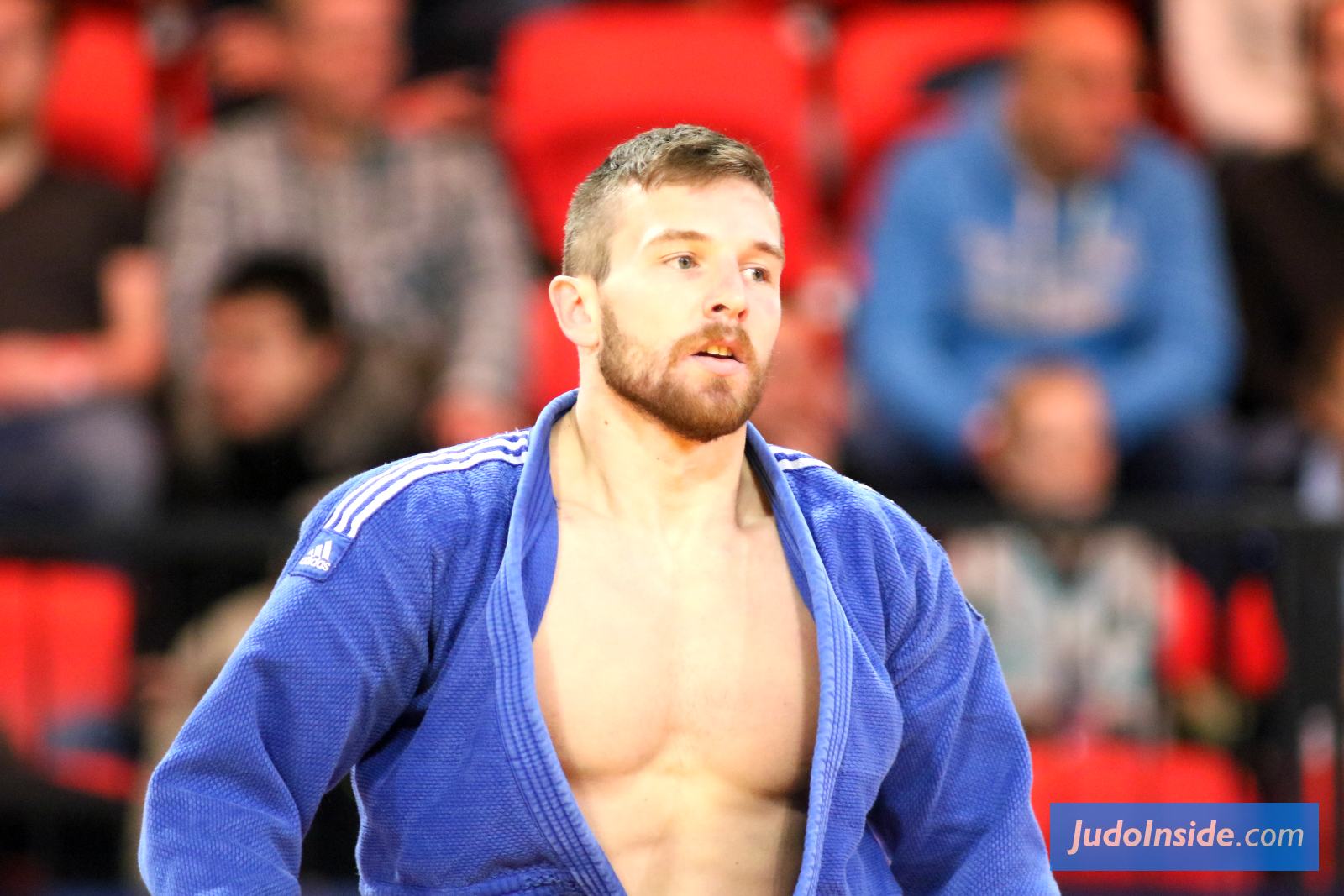
| Result | City | Date |
|---|---|---|
| 2 | Paris | 2024 |
| 1 | Abu Dhabi | 2024 |
| 1 | Zagreb | 2024 |
| 3 | Belgrade | 2023 |
| 2 | Montpellier | 2023 |


